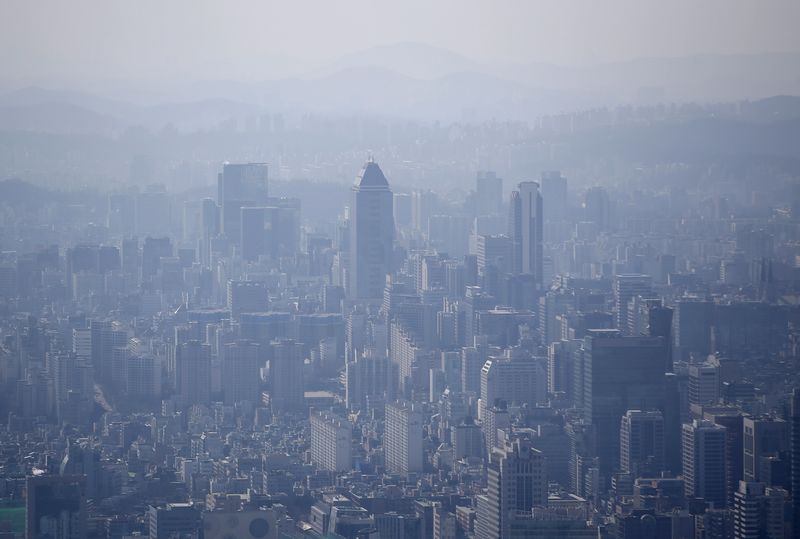Bank of Korea Poised for Outsized Rate Hike: Decision Day Guide
2022.07.12 08:36

Bank of Korea Poised for Outsized Rate Hike: Decision Day Guide
Budrigannews.com – A large majority of economists see the Bank of Korea raising its benchmark interest rate by a half-percentage-point on Wednesday, doubling the pace of its policy tightening to rein in inflation running at a 23-year high.
A total of 15 economists surveyed by Bloomberg see the central bank raising the rate to 2.25% while only four expect a quarter-percentage-point hike.
A 50-basis-point move would be the biggest single increase by the bank since it adopted interest rates as its primary policy tool in 1999.
Global central banks have been accelerating the pace of policy tightening this year as inflation continues to outpace forecasts. The Federal Reserve last month raised its key rate by 75 basis points to control the strongest US inflation in 40 years.
The BOK needs to balance the battle against inflation against the risk of upending the economy. BOK Governor Rhee Chang-yong has said he is open to a jumbo hike, even though concerns about rising debt burdens for small businesses and home owners weigh on his mind.
“We think the BOK also has other reasons to hike rates, even amid concerns about a slowing economy and financial instability risks due to rising interest payments,” said Park Chong-hoon, an economist at Standard Chartered (OTC:SCBFF) Bank in Seoul.
If the BOK opts for a smaller 25 basis point hike, the BOK would be seen as dovish compared to other central banks, further weakening the won and worsening inflation by making imports more expensive, he said.
Pressure for higher wages at local businesses remains another reason the BOK feels inflation needs to be controlled before a feedback loop of prices and pay emerges.
Workers at Hyundai Motor Co., a major South Korean carmaker, are threatening a strike amid wage negotiations. A national commission is also contributing to upward pressure on pay after deciding to increase the minimum wage by 5% next year.
“Inflation worries have significantly increased,” SG Securities economists Suktae Oh and Kiyong Seong said in a report. “The sustained tightening of labor market conditions also argues for aggressive monetary tightening.”
For now, exports, the biggest driver of Korea’s economic growth, are holding up, providing the BOK with scope to tighten its monetary policy while keeping the economy expanding.
Still, there are signs of growing risks for the outlook. Trade deficits have snowballed to a record this year as Russia’s war on Ukraine fuels the prices of energy and other commodities for manufacturers. Meanwhile, the won has weakened at the fastest pace in Asia after the yen.
A Bloomberg survey shows the majority of economists still see the economy expanding 0.5% in the July-September period.
Among the gloomier forecasts, Nomura Holdings (NYSE:NMR) Inc. expects gross domestic product to shrink 2.2% this quarter from the previous three months as consumption cools quickly and the global economy potentially enters a recession.
Rhee and Finance Minister Choo Kyung-ho met last week and agreed to act “preemptively” to prevent macroeconomic risks.
That meeting “suggests that they would prefer keeping optionality in the pace and extent of monetary tightening,” Goldman Sachs (NYSE:GS) said in a report, forecasting a quarter-percentage-point increase at Wednesday’s meeting.
The report cited rising downside risks to global growth and potentially large negative side effects on domestic demand and financial stability of rapid rate increases.
The BOK will release its policy decision around 10 a.m. in Seoul on Wednesday, followed a little over an hour later by Rhee’s press briefing.








